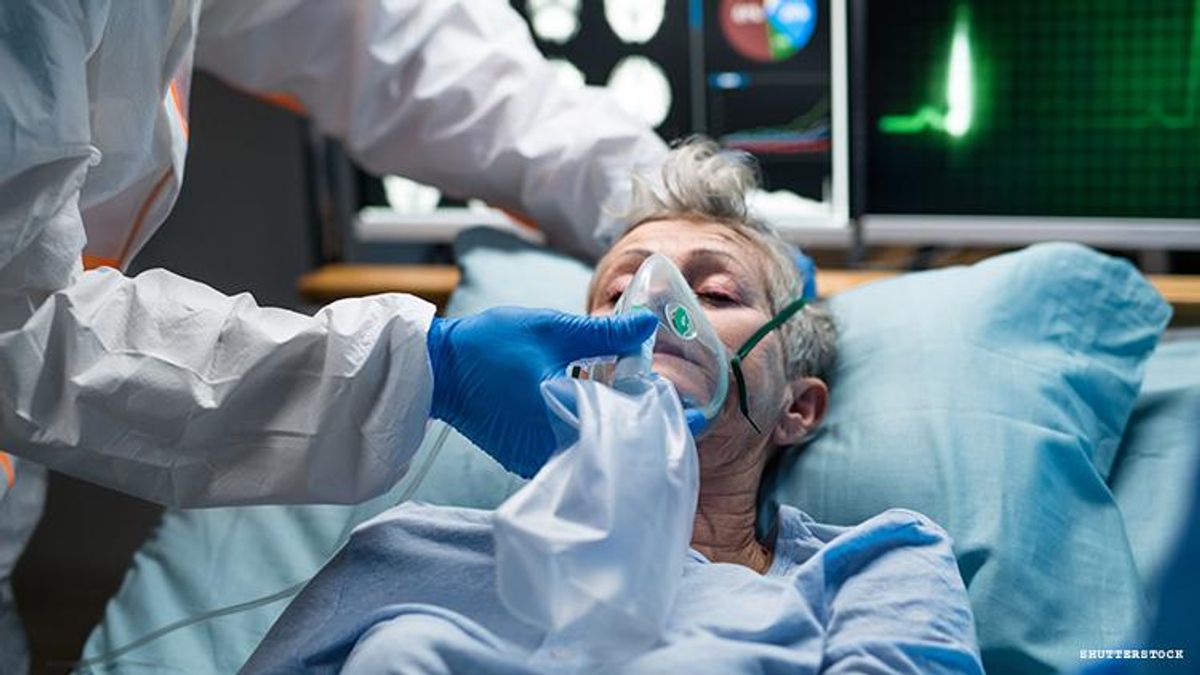A new study from the World Health Organization has found that those living with HIV have a significantly higher risk of contracting COVID-19 and dying of the disease. Almost one in four people living with HIV — 23.1 percent — who were hospitalized with COVID-19 have died.
The WHO’s report is based on data from 37 countries and almost 270,000 people and examines the risk of poor COVID-19 outcomes in those with HIV and who were admitted to the hospital due to COVID-19.
Researchers found that the risk of developing severe or deadly COVID-19 was 30 percent higher in people living with HIV than those who do not. The report noted that some underlying conditions, like diabetes or high blood pressure, are common in people living with HIV. For those over 65, those conditions increased the severity of COVID-19.
The findings go against earlier results from several smaller studies that suggested HIV had no bearing on a person’s risk of death or severe illness. “The new study is more biologically plausible than that earlier research,” The New York Times reports. WHO's research was released ahead of the International AIDS Society conference, which opens Sunday in Berlin.
The study recomments that those living with HIV stay as healthy as they can, including taking their antiretroviral medication and treating any underlying conditions.
People living with HIV should also now be prioritized for the COVID-19 vaccination. Only 40 out of 100 WHO countries have done so, according to an informal poll by the organization.
“The report released today will have important policy implications — providing data to confirm that HIV is a risk for poor outcomes from COVID-19 — and increases the urgency to see all [people living with HIV] on treatment and with access to COVID-19 vaccinations,” said Dr. Meg Doherty, director of WHO’s global HIV, hepatitis, and STI programs.
The WHO also announced it will update, later this week, the guidelines on HIV prevention, testing, treatment, service delivery, and monitoring. The recommendations, the organization said, will help to protect people with HIV who may face disruptions in their treatment — as many did during the pandemic.












































































